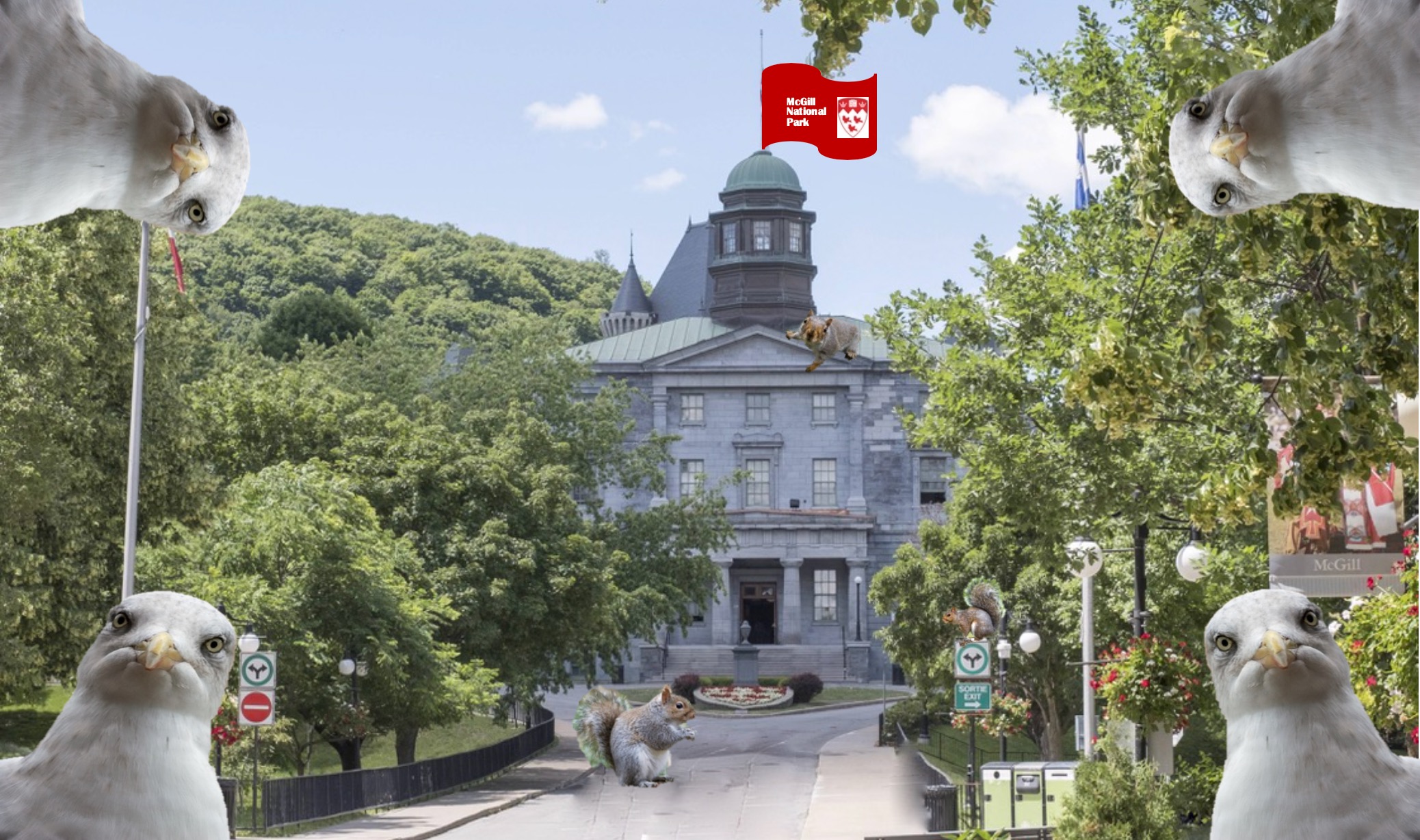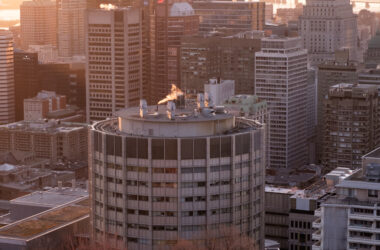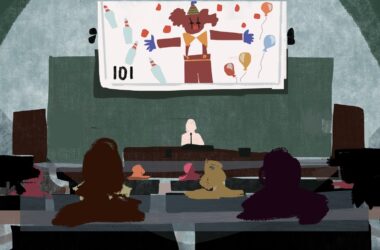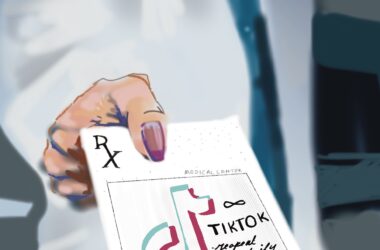Following the McGill administration’s closure of campus until May 1 as a result of directives of the provincial government regarding limiting the spread of COVID-19, the McGill community was forbidden from gathering on the university’s grounds.
Overnight, the McGill campus was devoid of its human population, who turned to Zoom’s backdrop feature to experience Canada’s vast and beautiful landscapes. Yet, not all of the campus’s inhabitants abandoned the McLennan-Redpath complex. Instead, the Milton-Parc community could suddenly hear a beautiful symphony of screeching seagulls, and no longer needed their alarm clocks to wake up.
The seagulls, local to the area, have had their beaks set on McGill’s downtown campus for a while, but the university’s large student population had, until now, made it very difficult for them to settle undisturbed. The seagulls were also inconvenienced by the squirrel population living on campus, who were always first to get students’ leftover food from the trash and dig up sweet finds from Lower Field.
“The amount of laptop-carrying douchebags criss-crossing the Y intersection made living here unbearable,” Steven Seagull said. “Don’t even get me started on how those thicc [sic] squirrels would get to the thrown out bahn mis and Four Loko cans before any of us could.”
Finally, on March 23, this phenomenon came to the attention of Associate Provost Christopher Buddle as he was filming content for his vlog series, available soon on Hulu and Netflix. Soon after, Buddle notified Parks Canada of the urgent need to protect these rare local species.
“I was astonished to find out that such a peaceful green space existed in the heart of downtown Montreal, with no human disturbances or noise pollution,” Jessica Gray, Environmental Assessment Scientist for Parks Canada, wrote to The McGill Tribune. “While the circumstances surrounding this newly fallow land are not to be overlooked, it is a delight that we could finally find a home for our locally endangered species.”
On March 27, McGill’s downtown campus was officially declared an urban national park to safeguard the well-being of the local seagulls and squirrels, who can be seen enjoying themselves on the vast playground, and even engaging in some riveting quidditch games on Lower Field.
Others, however, were disappointed to learn of Parks Canada’s decision to prioritize the needs of these wild species, over that of their own. Milton-Parc’s dogs had been lobbying the McGill administration for years to turn Lower Field into a dog park.
“My parents and I have unfortunately been living in that neighborhood with all the wannabe frat boys for 10 years,” Confiture, a local celebrity dog, told the Tribune. “Every evening, we walk through this pseudo-Hogwarts scenery and make our way to Lower Field. But every winter, this big ol’ ice rink gets built and I only have half of the field to run on. I know that Mont Royal is close by, but with my old age, I can’t bear to walk uphill. But now that McGill’s campus is a national urban park prohibited to pets, I’ll have nowhere accessible to get some exercise in.”
Entry to the McGill National Park, formerly known as the McGill downtown campus, costs $5 for members of the McGill community, though only transactions with One Card are accepted, and $20 for non-members. Only five people at a time are allowed to visit the park to respect both social distancing rules and the precious species who have permanently moved in.









